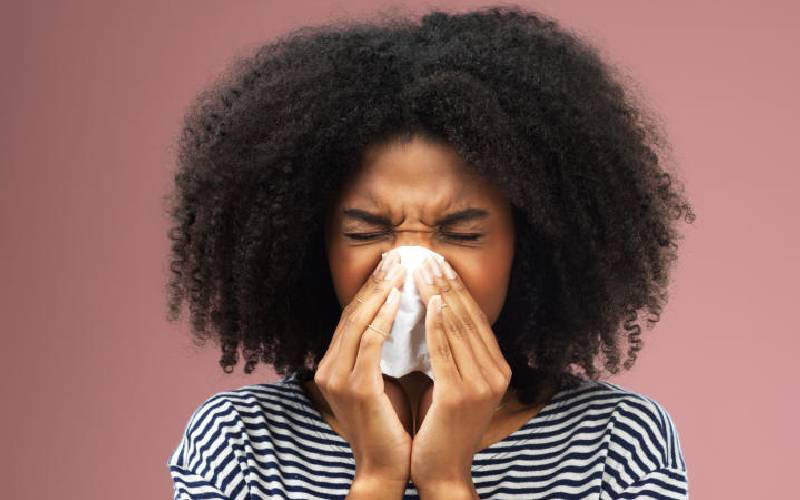×
The Standard e-Paper
Kenya’s Boldest Voice

Margaret Wanjiru from Buruburu estate in Nairobi has perennially experienced a running and blocked nose, but she little does she know she suffers from allergic rhinitis, also characterized by sneezing, nasal congestion and body itches.
Allergic rhinitis has the 'runners and blockers' stages.